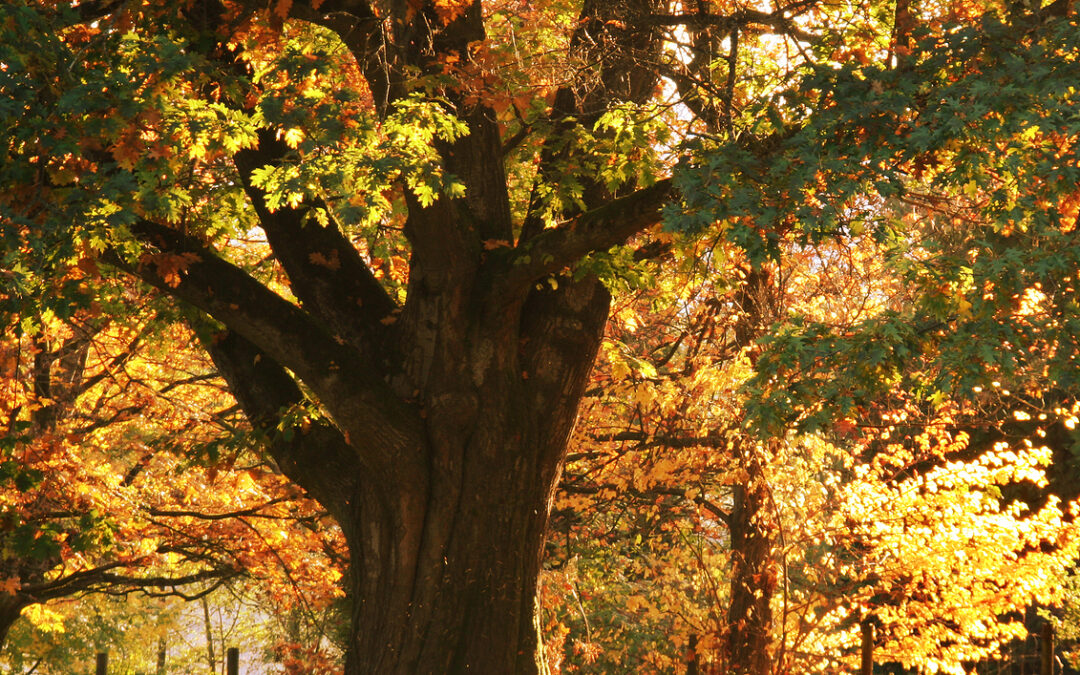The main difference between hardwood and softwood is that hardwood trees are typically slower growers and are considered angiosperm, deciduous trees (shed their leaves annually), which leads to a denser wood, whereas softwood trees are gymnosperms, meaning they are evergreen trees (do not shed their leaves).
What makes wood hard?
The definition and classification of whether a tree is considered a hardwood or softwood comes down to the seed they produce, not the density of the timber. Hardwood trees are slower growers and are considered angiosperm, deciduous trees (shed their leaves annually). Softwood trees are conifers and gymnosperms, meaning they are evergreen trees that do not shed their leaves. Identifying the differences between hardwood and softwood, the pros and cons, and where each timber works best, will point you in the right direction.
Hardwood
Hardwood trees are deciduous, and species include Eucalyptus, Balsa, Mahogany, Blackbutt and Spotted Gum.
Advantages include:
- Longevity: Hardwood produces a very high quality product that offers great durability over time.
- Easy maintenance: Hardwood is easy to clean, and scratches and dents can be fixed.
- Strength: The trees’ dense cellular structure gives the timber incredible strength.
- Appearance: Hardwood timber is available in a range of colors and finishes and will suit almost any contemporary style setting.
- Fire resistance: Hardwood timber offers a higher fire resistance than softwood.
Disadvantages include:
- Slow growth rate: Hardwood forests take longer to replenish due to the tree’s slower growth rate.
- Workability: Due to its density, hardwood tends to be a lot harder to work with during construction.
- Cost: Hardwoods are generally more expensive, but it is a good value.
- Refinishing: Hardwood floors in high traffic areas will require refinishing down the track, which can also be quite costly.
Softwood
Softwood is a versatile timber option that offers a stunning, seamless finish. Softwood comes from gymnosperm trees, which do not have pores, but instead rely on medullary rays and tracheid to transport water and produce sap. This characteristic gives softwood a lower density.
Softwood trees are evergreen, and species include Cedar, Douglas fir, Pine, and Hemlock.
Advantages of Softwood:
- Workability: Softwood is easier to work with and can be used across a broad range of applications.
- Sustainability: Softwood trees grow much faster than hardwood and are considered a very renewable source.
- Cost: These timbers tend to be cheaper, as they’re easier to source.
Disadvantages of Softwood:
- Density: The lower density of softwood timber means it’s weaker and less durable, however there are some ‘hard’ softwood options with a higher density like Juniper and Yew.
- Longevity: Softwood is less suitable for high traffic areas as it does not wear as well as hardwood over time.
- Fire resistance: Softwoods tend to have poor fire resistance unless treated.
What makes wood hard?
As suggested by the name, as a rule, hardwoods are stronger and more hard-wearing than softwoods. This is because of their slower growth time and more complex, condensed structure, which results in greater density of the harvested timber. As a general rule, higher density equals higher strength and durability.
Contact us
VCH Flooring stands by the promise to do the job right. Our professional installers will perform services consistent with the industry standards to your satisfaction. If you have concerns after the installation, contact us within 60 days and the services with be re-done at no additional cost. Product warranties vary by manufacturer. Because we are a services company and do not manufacture products, we only warranty our services with the DONE RIGHT GUARANTEE. We will disclose the warranties before the work begins as part of our transparency policy to be good neighbors who serve the community with excellence. Email vchflooring@gmail.com
VCH Flooring 1812 Underwood Blvd, Delran, NJ 08075. https://vchflooring.com/contact-us/
856- 393- 1310

